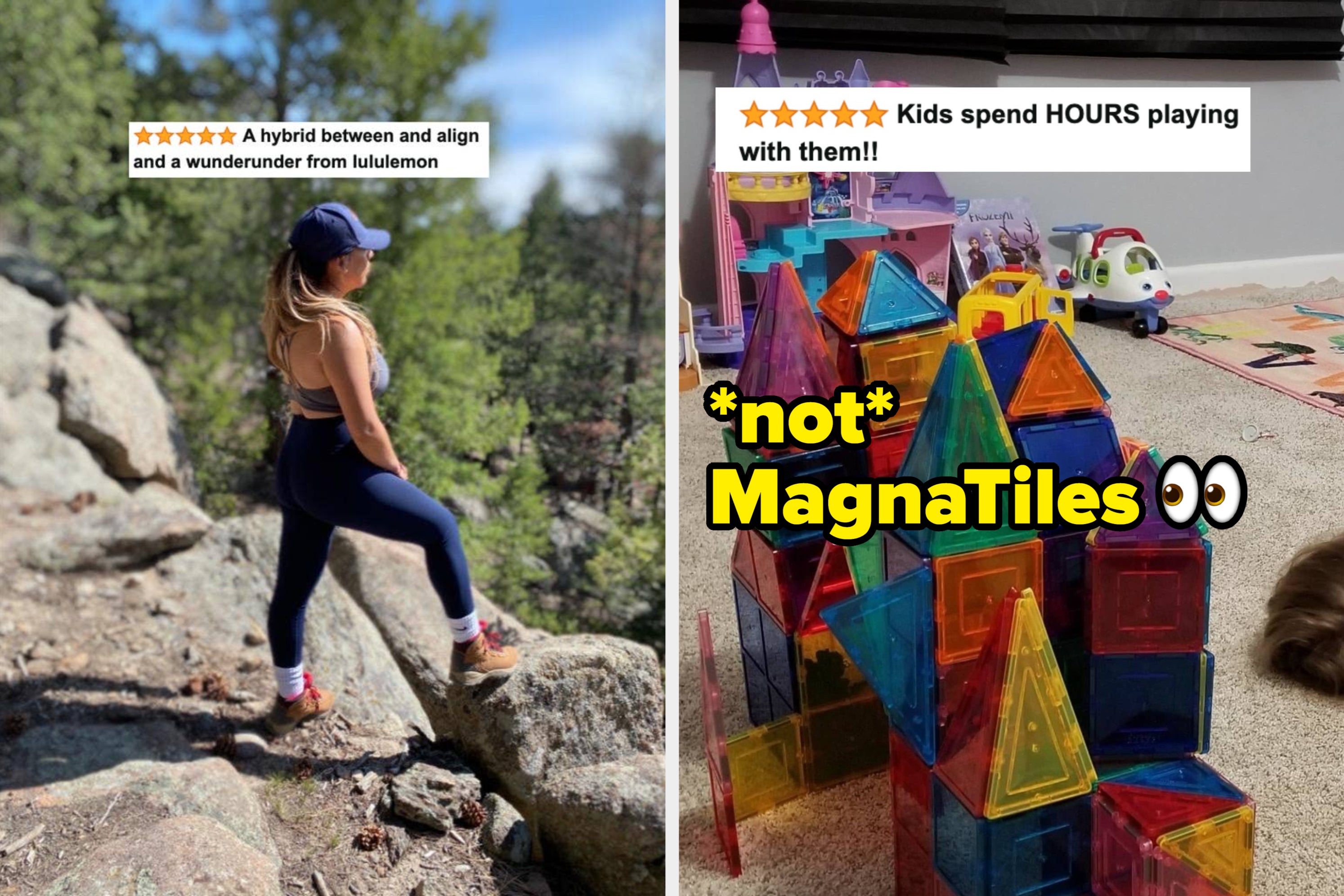Although I haven’t quite finished the massive Nixonland yet and had promised author Rick Perlstein I’d withhold substantive comment until I had, I’m sorry to have to note that, like at least one important scholar before him, he has fudged the available record in an apparent effort to pin President Nixon with foreknowledge of the September 1971 break-in at the Los Angeles office of Daniel Ellsberg’s psychiatrist. That break-in was the opening act of Watergate, and so there is probably no more important question than whether RN knew about it in advance. Perlstein made a small but telling compromise in telling his version of story.
A former Pentagon official, Ellsberg had leaked to the newspapers the Defense Department’s massive study of the decisions in the Kennedy and Johnson Administrations to deepen U.S. involvement in Vietnam. Mr. Nixon, who along with Henry Kissinger was passionate about secrecy during that time of war and complex diplomatic maneuvers involving Moscow and Beijing, created a leak-plugging unit in the White House that called itself “the Plumbers.” Fearing that Ellsberg might leak again, the Plumbers asked the CIA to prepare a psychological profile of him similar to the ones it routinely did on international figures. When the agency provided an assessment that the White House considered inadequate*, the Plumbers were authorized by White House aide John Ehrlichman to undertake covert operations, which led almost immediately to a burglary at the Beverly Hills office of Dr. Lewis Fielding, who had been treating Ellsberg.
Did the President know in advance? Here’s what Perlstein writes (p. 584):
It was time, the Plumbers decided, to plan a black-bag job. Ehrlichman brought the proposal to the president. “[Bud] Krogh should, of course, do whatever he considered necessary to get to the bottom of the matter,” the president replied, to learn what Ellsberg’s motives and potential further harmful action might be.” His only complaint was that the plan wasn’t aggressive enough.Obviously Perlstein wishes the reader to infer that the plan brought by Ehrlichman was the burglary — but his own sourcing makes clear that he has overreached. A footnote sends the reader to Nightmare: The Underside of the Nixon Years by J. Anthony Lukas, which has this passage:
Ehrlichman says he kept the President up to date on Plumbers’ activities and “invariably when they made recommendations jointly or severally, the President concurred. His only criticism of their effort was that it was not vigorous enough.” After Krogh recommended that some Plumbers personnel be sent out to “complete the California investigation of Ellsberg,” Ehrlichman says he told the President about this. Nixon — after discussing it with Hoover — said that “Krogh should, of course, do whatever he considered necessary…” So Ehrlichman told Krogh he should do “whatever he considered necessary.”As Lukas recounts, only then did Krogh send Ehrlichman a memo, dated Aug. 11, proposing a “covert operation” to examine Ellsberg’s medical records, which Ehrlichman approved in writing. There is no evidence that Ehrlichman or anyone else talked to the President about a break-in in advance — no secretly recorded tape, no document. Indeed Ehrlichman himself, in his memoir Eyewitness to Power, doesn’t contend that he told RN about it in advance. He does write that he asked the President to give general approval to the idea of the Plumbers acting in an investigatory capacity since the FBI was dragged its feet when it came to Ellsberg. He wrote that he learned about the break-in only after it had occurred and told the President about it the following July, during a walk on the beach in California (conveniently not subject to taping).
As far as the tapes are concerned, one substantial piece of evidence suggests strongly that RN didn’t know about the break-in when it occurred or even for some time afterwards. In a Sept. 8 conversation, a week after the Fielding caper, Ehrlichman tells RN, “We had one little operation. It’s been aborted out in Los Angeles which, I think, is better that you don’t know about.” Although on p. 584 Perlstein basically says RN ordered it, he is diligent enough to include the comment from the tapes ten pages later.
Mr. Nixon contended that he learned about the Ellsberg job in the spring of 1973, and so far no one has produced any evidence to the contrary (beyond Ehrlichman’s charges, by which he sought to transfer responsibility for the Aug. 11 green light from himself to Mr. Nixon, whom he surmised sent the go-ahead through Chuck Colson or some other agent). It’s a vital question for any complete and accurate Watergate narrative, since RN’s critics have long asserted that when he acquiesced in the Watergate coverup in June 1972, it was to prevent people from learning about the Plumbers’ other illegal activities. But if he didn’t know about the Ellsberg job at that time, his contention that there was a national security dimension to his Watergate statements and actions during June 1972-March 1973 is much easier to defend credibly.
When he published his otherwise indispensable book of Watergate tape transcripts, Abuse of Power, Stanley Kutler edited one transcript to make it appear as though RN had had foreknowledge of the Fielding job. He fixed the problem in the paperback version. Perlstein now has such an opportunity as well.
*The original version of this post erred in saying that the CIA refused to provide a psychological profile of Ellsberg.







